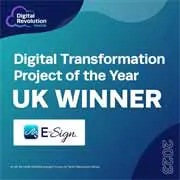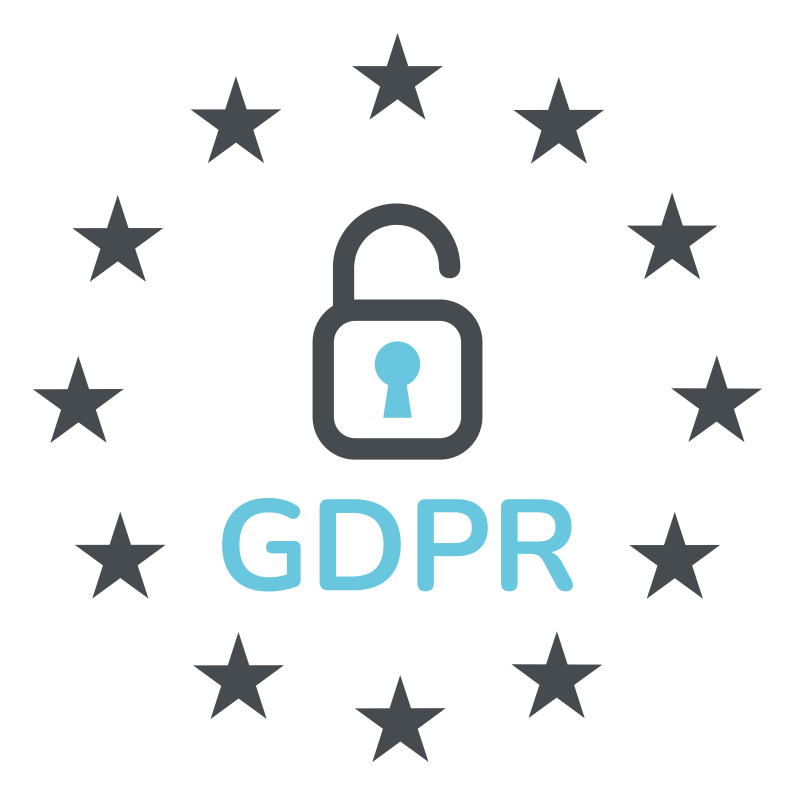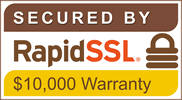Home | News & Insights |
E-Signatures Versus Wet Signatures
Laura Cain
Marketing & Brand Manager
PUBLISHED
17th August, 2020
Contents
No contents found.
Although electronic signatures have been on the scene for over 20 years, they are once again experiencing a surge in popularity in the wake of COVID-19 and remote working. While businesses are gearing up to switch from handwritten signatures to e-signatures as part of a wider digitalisation strategy, others still have reservations about moving away from paper and pen. Two of the biggest questions businesses often have about e-signatures are ‘what are electronic signatures?’ and ‘how are they different from normal signatures?’ At E-Sign, we have pulled together this handy guide to answer both these questions and provide you with all the information you need to make an informed decision about your signature future.
What Is a Wet Signature?
A ‘wet’ signature is the traditional way of signing a document by putting pen to paper. They indicate the signer’s intent to agree to the contents of a document or to a set of data to which the signature relates, making them legally binding and admissible in court. Handwritten signatures have been around since as early as 3000 BC and have remained unchallenged in their dominance…until 2000, when electronic signatures were deemed just as valid and legally binding as their handwritten counterparts.
What Is an Electronic Signature?
An ‘electronic signature’ is a digitalised version of the traditional handwritten signature, which can be used to sign online or digital documents, so there’s no need for printing or scanning. Electronic signatures have been legally acceptable in the UK since 2000 under the Electronic Communication Act. An electronic signature can be as simple as a tick box plus declaration, scanned signature, or digitally drawn signature. For increased security, verification, and compliance however, it’s commonly accepted that advanced electronic signatures should be used. These types of e-signatures can identify the signer, uniquely link the signature to the signer and detect any changes made to the document after signing has been carried out.
So, how do they compare?
Convenience
On the surface, handwritten signatures may appear more convenient. If you have your document to hand, all you need is to do is put pen to paper. Yet there are often several other steps involved in the process, which makes hand signing documents a much more inefficient process than it first appears. Say you need to sign a document and send it to your signer. You’ll first need to create the document on your computer, then print it out and sign it, either scanning the document and attaching it to an email or sending it out in the post. Either way, this process slows down your business workflow and is just plain inconvenient for you and your employees.
With electronic signatures, you can eliminate all these steps, making the process a lot more convenient for you and your signers. E-signatures allow you to completely digitalise your document processes and signature collection, so there’s no need to let paper-based administration bog you down. Take E-Sign’s electronic signature platform, for example. When you need to get something signed, all you need to do is upload your document, sign with your e-signature and send to your signer’s email address. This is all done through E-Sign’s user-friendly and efficient document platform. In a couple of clicks, you can sign and send your document, and your signers can do the same, making the whole process a lot more convenient for everyone involved.
Cost
A lot of businesses believe that e-signatures will be an extra cost to their business and for that reason, that it’s much better to stick with paper-based signature processes, even if it is less efficient and more time consuming. However, handwritten signatures and paper-based administration contain smaller hidden costs that all add up. From printing costs such as paper, printing ink and toner to stationary costs and postage fees, traditional signature processes can cost your business thousands of pounds each year; costs that could be all but eliminated with e-signatures and document digitalisation.
With e-signatures, you do pay your chosen provider for access to e-signature functionalities, but the cost to your business is likely to be no more than what you already spend on paper-based processes, and, if you choose the right supplier, could even save you money. With E-Sign’s e-signature platform, you can choose from a number of payment options, including a pay as you go service, so you can maintain full control over your e-signature budget with no hidden costs or extra charges- you only pay for what you use.
Environmental Impact
You’re probably already aware that using excessive paper is wasteful and bad for the environment, but do you know the full extent of the environmental impact of your paper consumption? Or even the amount of paper you go through every year? It may shock you. Paper production contributes to deforestation and groundwater pollution, as well as consuming large amounts of energy both during production and transportation, no doubt contributing to accelerated global warming. Focussing on the legal industry alone, its estimated that a single lawyer goes through around 20,000 to 100,000 pages per year, equating to the destruction of around 10 whole trees per year.
Electronic signatures allow you to 100% digitalise your document processes, helping your business to go paper-free. Eliminating paper-based admin is a good place to start if you want to make your business greener and more environmentally friendly, whilst also benefitting from other cost and time-saving benefits.
Security
While most people assume that written signatures are more secure, they can be forged easily forged, with very little evidence to verify the true identity of the signer. Indeed, as Jon Geater, Chief Technology Officer at Thales e-security puts it “A [written] signature is simply weak evidence that somebody has agreed to do something. It is not exactly unique or special, nor does it prove particularly well that a person was genuinely present or consenting.”
Advance electronic signatures, however, are much more secure and backed by a fully traceable audit trail and embedded ID verification, for peace of mind that your signers are who they say they are and that your transactions are above question. On E-Sign’s platform, every signed document is supported by a digital certificate documenting the author, signer, device used, IP address and time and date stamp, so you have a wealth of verified information to back up your transactions. In this respect, e-signatures are more secure than their handwritten counterparts, providing greater certification of legality and validity.
Efficiency
Most businesses will recognise that handwritten signatures are not great for efficiency. However, it can often seem like there’s no alternative; signatures are a necessary evil for many organisations. Electronic signatures, however, are just as legal and valid, and a lot more efficient. E-signatures streamline and simplify your administrative tasks and document signing processes, helping your business to improve workflow efficiency, save valuable time and increase productivity.
Electronic signatures can also significantly reduce document turnaround times, so you can complete internal processes and external transactions in a matter of days, not weeks. Digitalisation allows your signers to e-sign and return documents in just a few clicks, making the process a lot easier and more efficient for your customers, so you’re no longer waiting days or weeks to receive your signed documents in the post.
With our E-Sign platform, you can improve productivity further, with a plethora of features designed with maximum productivity in mind, such as unlimited and reusable document templates, multi-language application and full form functionality, all of which help to reduce document preparation time and automate your business processes.
E-Sign is a leading provider of electronic signature solutions supplying professional Electronic Signatures, Form Builder, Web Form, ID Checker and Personalised Email solutions to businesses across the UK.
To find out more about our E-Sign solutions and how they could transform your business, get in touch with us today.
 Facebook
Facebook
 X (Twitter)
X (Twitter)
 LinkedIn
LinkedIn











